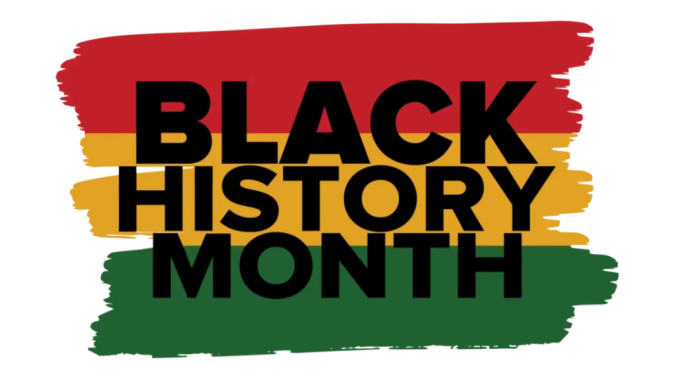
By-Glenville Remy
A snapshot of Dr. Walter Anthony Rodney, who was a brilliant Guyanese scholar and an outspoken activist, was tragically assassinated in 1980, allegedly by the government of Forbes Burnham.
Born in Georgetown, the capital of Guyana, Rodney emerged from a working-class background. His intelligence and academic ability earned him a scholarship to Queen’s College, one of Guyana’s most prestigious secondary schools. During his time there, he gained recognition not only for his academic achievements but also for his participation in school activities and athletics. His unique style of debate, filled with vibrancy and courage, left an impression on both his peers and educators.
His intellectual journey continued when he secured another scholarship to the University of the West Indies (UWI) in Jamaica. It was there that he further developed his left-wing ideology, advocating for the empowerment of the working class. His passion and determination led him to pursue higher education at the School of Oriental and African Studies (SOAS) in London, England. By the age of twenty-four, he had earned a PhD, a remarkable achievement that set the stage for his influential work in African consciousness and anti-colonial thought.
He was deeply committed to studying the African diaspora and the impact of the transatlantic slave trade. His research focused on the Upper Guinea Coast, leading to several publications, including works published by Oxford University Press in the 1970s. His writings and lectures gained international recognition, particularly among Black communities in the Caribbean and beyond.
His growing influence as a political activist led him to Tanzania, where he taught at the University of Dar es Salaam. There, he immersed himself in African history and the struggles against imperialism and capitalism. After a year, he returned to the Caribbean, determined to educate, and mobilize those affected by colonial exploitation.
In retrospect, his radical views and opposition to capitalist structures made him a target for political forces in Guyana. He criticized the middle class as a key player in maintaining capitalist ideologies and sought to inspire a socialist revolution among the working people. Upon returning from the Tanzanian independence celebrations, Rodney was assassinated by a bomb explosion—an act widely believed to have been orchestrated by the Burnham government. His brother, who was also injured in the explosion, claimed that a sergeant in the Guyana Defense Force had planted the bomb.
Despite his sudden death, Rodney’s influence has endured. His works have been integrated into university curricula worldwide, and from 1997 to 2010, numerous institutions recognized his contributions to history and political thought. His birthday is commemorated in Guyana, and several monuments have been erected in his honor. Additionally, poetry and other artistic tributes continue to celebrate his life and legacy.
Dr. Walter Rodney remains a symbol of resistance, intellectual brilliance, and an unwavering commitment to justice. His work continues to inspire scholars, activists, and ordinary citizens striving for equality and social change. The call for media dialogue and societal inclusion should take Black history to another level.

